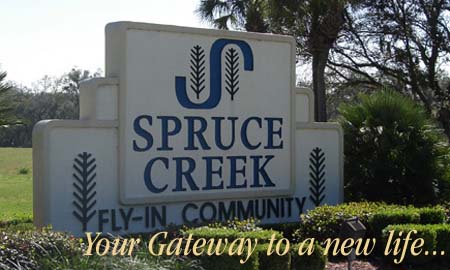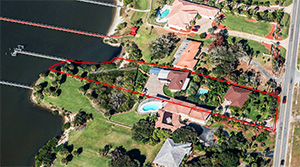When your mortgage is higher than your home value
Labels: Finance, Foreclosures, Seller Tips 0 commentsFor a variety of reasons, and especially true in these times, it is possible that the total debt on your home may be more than what the home is worth. Most of the time, this isn't a problem because time is the solution. Depending on how much you owe, just wait it out and the value of your home catches up.
Unfortunately, this could take years and this solution does not work for everyone. For example, you may be stuck in a situation where you absolutely have to sell your house, be it due to a career move, financial hardship, divorce, death, illness, or any other reason. The result is that you may have to move, but you can't sell your house and make enough on the sale to pay the closing costs.
So what do you do?
One option is to do nothing and not make your mortgage payment. That's a worst-case scenario because it impacts your credit rating more severely than anything else possibly can.
Another option is something called a "short sale." This is when you fess up to the lender, let them know about your hardship and ask them to accept less money than you owe.
Of course, the lender doesn't want to do that, but they also don't want to pay all the costs of foreclosing on a home, such as legal fees, repairing defects, placing it on the market, time it requires to sell, and getting the best price they can in what may be a market already overstressed with excess inventory. It is no wonder that the typical foreclosure costs a lender upwards of $70,000. This, of course, varies with the value of the home.
Lenders absolutely hate to foreclose, so they may be willing to consider a short sale even though they also hate the idea of writing down the value of a loan on their books.
A short sale involves a lot of paperwork, time and effort and it is best if you have a real estate agent or someone knowledgeable to help guide you through the process and give moral support. A lot of stress is involved.
The first step is to contact the Loan Service Department of your lender. That number will be in the documentation you receive about making your payment. Use the phone and the mail. Keep copies of everything.
The lender will ask you to submit a financial statement. They want to know that you really don't have the financial assets to repay the loan after you sell the home.
That's just the beginning, assuming they give a tentative agreement.
Your real estate agent still has to put the home on the market, find a buyer, and get a bona fide offer. Once that has been accomplished, you submit all contracts and paperwork to your lender for a decision. This takes a while because there are several decision makers involved. Your “lender” isn't usually your lender. They just service the loan for your actual lender, called the investor. Your paperwork is submitted to the investor for a decision. Due to securitization, your loan may have been sold multiple times since origination. Read the Primer on Sub-Prime Mortgages article for more information on how the bundling and securitization of loans complicated the current mortgage lending mess.
Assuming you have mortgage insurance on the loan, they are another decision maker in the process. Mortgage insurance covers lenders in the case of loan defaults. That’s how lenders can justify making high LTV (loan-to-value) loans.
If the investor and the insurer both agree, your short sale is approved, and you can sell your home. A short sale is basically a "forgiveness of debt." Historically, this type of transaction counted as income and you had to declare it to the IRS. However, President Bush recently signed a bill that waives the imputation of income as a result of debt forgiveness (H.R. 3648, The Mortgage Forgiveness Debt Relief Act of 2007). See your accountant for more information in this important topic. More information: Mortgage Cancellation - Legislative History.























 Get greedy when others are fearful
Get greedy when others are fearful
0 comments: to “ When your mortgage is higher than your home value ” so far...
Post a Comment